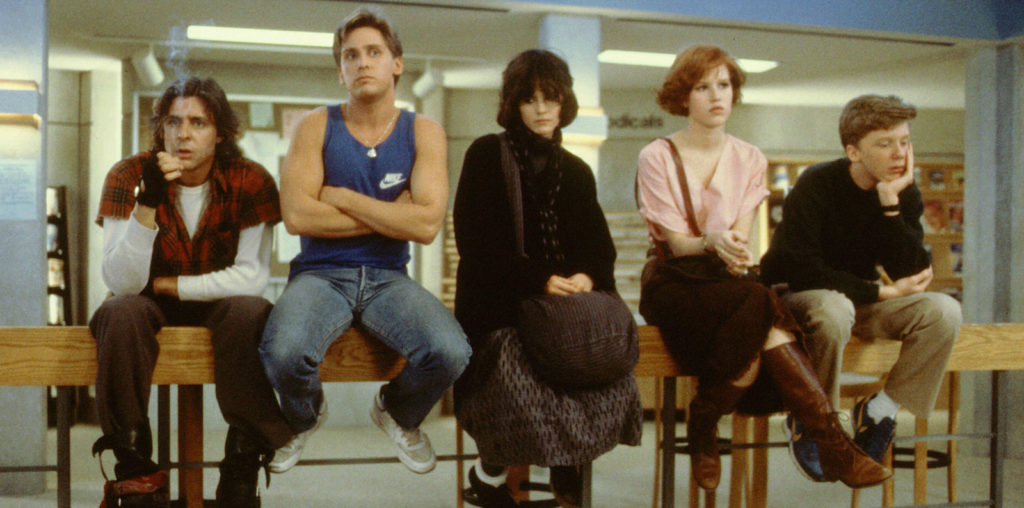
When Eric’s (Michael Shahen) daughter goes missing, he turns to his neighbor, Herbert (Paul Guggenheimer), for help. As the two talk over a cup of coffee, it becomes clear that there’s more going on than just a simple missing persons scenario. Herbert keeps referencing Eric’s anti-Semitic leanings, and Eric becomes increasingly suspicious of his Jewish neighbor.
While the eventual resolution of Mark Notarberardino’s short film, The Wait for Innocence, reveals just how much is going on, and offers an intriguing scenario regarding Eric and Herbert’s shared history that isn’t initially apparent, the film is undone by numerous elements along the way. For one, the film’s cinematography suffers from common digital video drawbacks. Most unfortunate is the overall feeling of flatness to the imagery.
This lack of visual contrast undercuts the composition of elements within the frame, and also keeps the audience at arm’s length from the film. Thus the engagement is disrupted; you’re very clearly seeing something unfold as opposed to being drawn in. Additional problems involving soft focus in some shots, while potentially intentional in attempting to establish a fogginess to one character’s perceptions, serve to make the film appear more amateur and less competent overall. If the soft focus is a stylistic flourish, perhaps it needed to go even more overboard to establish itself as a technique and not a mistake.
The narrative also stumbles in its anti-Semitic undercurrent. While it is clear, from Herbert’s words, that Eric has issues, it isn’t always clear from Eric’s words. For most of the short, we hear of his anti-Semitism and foul attitude and behavior from Herbert, but do not see it directly. This undermines the strength of developing the Eric character for all his flaws, and instead of seeing, we are being told; we have to take Herbert’s word for it, for the most part.
Had Eric been more overtly anti-Semitic throughout, revealing himself through words and actions, it would’ve carried more impact. Then Herbert’s chore of dealing with his disapproving neighbor would also carry more weight, and the final resolution feel more like the audience grasping an epiphany rather than being told what is really going on. Again, one choice allows the audience to engage and experience, the other allows the audience to watch and listen. The former leaves a more lasting impression.
And that’s ultimately where I’m at with The Wait for Innocence. It’s a short tale that is told to me, but it doesn’t offer much opportunity for me to connect or engage. While not every attempt at storytelling can do that, or even wants to do that, it didn’t make for the most compelling short-watching experience. I think the scenario that is set up and paid-off is an interesting one, but the punch doesn’t land quite as hard as it could.
This film was submitted for review through our Submission for Review system. If you have a film you’d like us to see, and we aren’t already looking into it on our own, you too can utilize this service.
